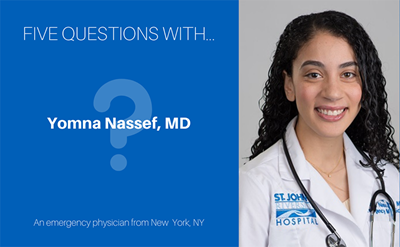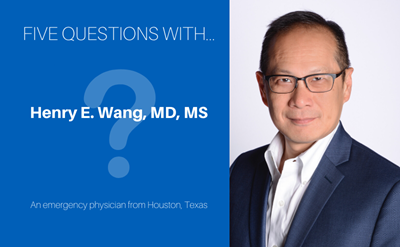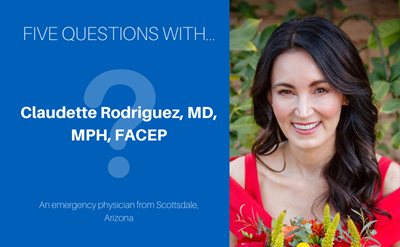WASHINGTON, D.C.—Firework mishaps on or near the Fourth of July send thousands of people to the emergency department every summer, especially when alcohol is involved. Safety tips from the American College of Emergency Physicians (ACEP) can help make sure your celebration doesn’t include a trip to the emergency department.
“July Fourth should be a fun chance to gather with family and friends,” said Gillian Schmitz, MD, FACEP, president of ACEP. “This is also a busy time for emergency physicians who will treat many avoidable injuries and burns.”
About 15,600 people were treated in hospital emergency departments for firework-related injuries in 2020, according to the Consumer Product Safety Commission (CPSC). Emergency physicians recommend leaving fireworks to the professionals. But there are some important safety considerations for anyone who decides on their own celebrations:
- Buy fireworks from a reputable seller and read all the warnings and safety instructions.
- Keep a hose, bucket of water, and fire extinguisher nearby in case of a fire.
- Young children should never handle fireworks, containers burning gel fuels, or sparklers.
- Only light one at a time, then move away. Do not stand over an ignited firework.
- Never light fireworks in a container because they can explode and send shrapnel flying.
- Do not launch fireworks at anyone and avoid horseplay near flammable items.
- Avoid re-lighting or handling fireworks that malfunction. Soak fireworks in water after they are done burning and throw them away. Placing dry fireworks in a trash can is a fire hazard.
- Do not use fireworks under the influence of alcohol or drugs. Nearly half (44%) of the firework-related deaths in 2020 involved impaired individuals, according to the CPSC.
“We hope everyone has a safe and happy Independence Day,” said Dr. Schmitz. “But if the celebration goes awry, the nation’s emergency physicians are ready for anything and working 24/7, even on holidays. Do not hesitate to visit the closest emergency department in a medical emergency.”
 American College of Emergency Physicians
American College of Emergency Physicians







